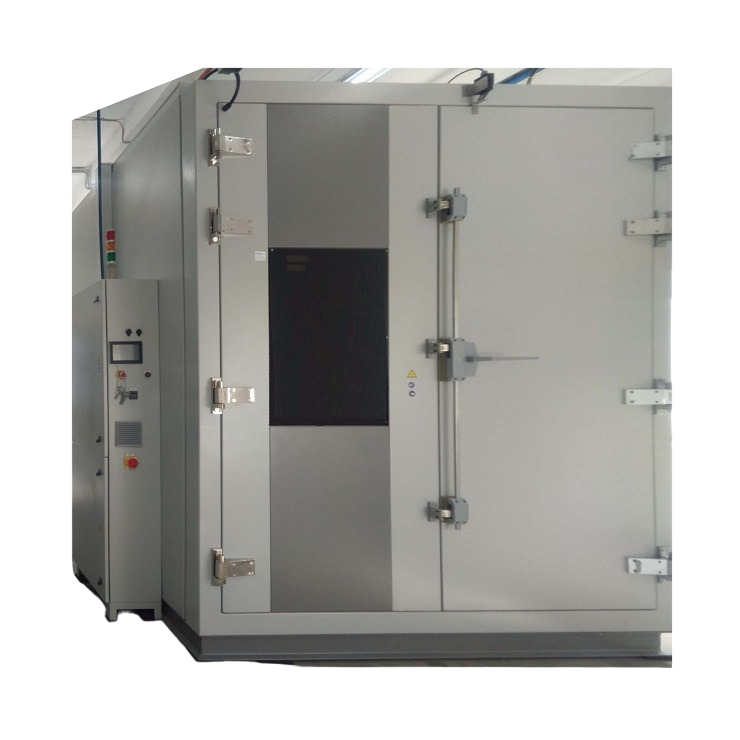THERMAL CYCLING (TC 200) TESTING FOR SOLAR MODULES
TC 200 refers to Thermal Cycling test. Thermal cycling is the test or process of cycling a material or device through two set temperature extremes, usually at a somewhat high rate of change of temperature. It is defined as an environmental stress test used to evaluate the reliability of the material or the product and to identify any manufacturing defects early by inducing failure modes through the thermal fatigue. It is one of the main qualifying tests carried out on PV modules .

Test procedure
For TC 200 testing, a current within +/-2 percent of the current measured at the peak power when the temperature of the solar module is above 25 Cal should be injected. The tested solar module is subjected to the cycling temperature limits of an extreme low temperature of - 40 cal +- 2 cal and an extreme high temp of + 85 cal +- 2 cal .Many factors can affect the TC 200 test, that's why special consideration shall be given to the number of cycles (200), temperature ranges, dwell times and rates of temperature change.
